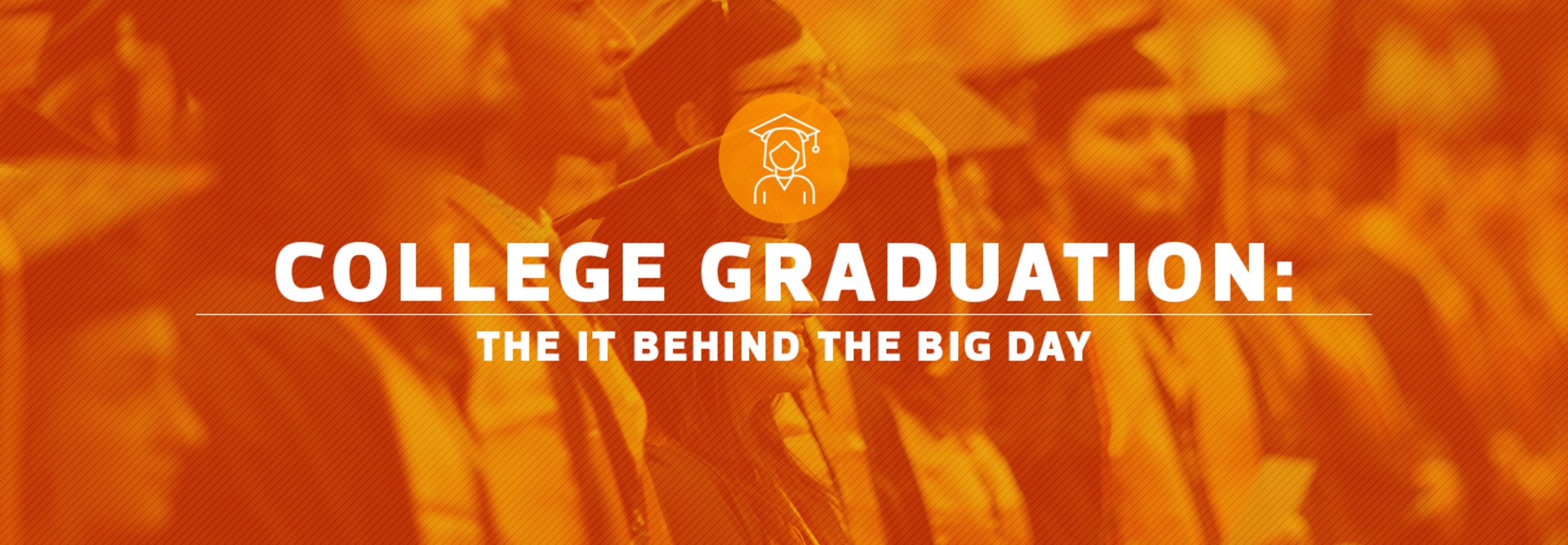Woolverton likens the current state of AI to the golden age of Hollywood. Although movies made during that time have become classics, he says, they appear dated because “the edits were fast, and technologies were not quite worked out.” In the years since, of course, moviemaking technology has advanced to the point that the second-highest-grossing movie of all time centers on bringing down a big, purple, computer-generated bad guy.
It’s reasonable to expect that VR will undergo a similarly dramatic evolution.
So far, though, few specialists are immersed in the field. Woolverton says he hopes that by training students in a dedicated program, they “will be taking the mantle, going forward into the world and creating opportunities.”
Robotics Is a Popular Draw for the Next Generation of Engineers
Worcester Polytechnic Institute created its robotics undergraduate major more than a decade ago for the same reason Ringling is moving forward in VR: It saw a need.
Computer science faculty, along with colleagues in mechanical and electrical engineering, recognized that robotics was poised for growth, says Craig Wills, who heads the computer science department.
The institute’s leaders also drew on their involvement with the FIRST Robotics Competition for high school students, which showed that plenty of young people were interested in studying the technology in college.
So far, the program has been a success: Last year, 79 students graduated from WPI with a bachelor’s degree in robotics engineering.
At graduation, more than 95 percent of those students were employed, in graduate school or serving in the military. Those with jobs — with companies such as Amazon Robotics, Boeing and Tesla — were earning an average of $78,371 per year, according to WPI’s “Post-Graduation Report: Class of 2018.”
The field of robotics is still fluid, says Wills, and institutions will likely evolve their programs accordingly.
“Whether they should have the degree in robotics, or a related degree with computer science or mechanical engineering or electrical engineering” isn’t quite clear, he says. But in any case, “I think it’s very nice that we have that obvious draw with the degree. It’s a good place to get students in the door and let them find themselves.”
MORE FROM EDTECH: See how colleges are revamping their online education programs.
Carnegie Mellon Builds AI Degree from Existing Academic Foundation
Carnegie Mellon University began offering an undergraduate degree in AI, the first of its kind in the United States, in 2018.
“Sixty-plus years after the field was started, we had reached a level of maturity in terms of technology and understanding of the underlying technologies that it could support a standalone undergraduate major,” says Reid Simmons, director of CMU’s undergraduate AI degree program.
“We also felt the time was right in terms of industry, government and public interest in intelligence that it made sense to educate the next generation of technologists who are going to advance this very important field,” he says.
Creating the curriculum was fairly smooth, he says, because CMU already taught AI in other programs. The challenge was more a matter of “trying to fit a very large amount of material into a package that would be considered an undergraduate major,” he says.









